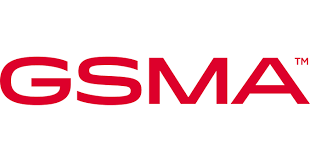
D-Wave Quantum Inc. a leader in quantum computing systems, software, and services and the world’s first commercial supplier of quantum computers, and NTT DOCOMO Inc., Japan’s largest mobile phone operator with over 90 million subscriptions, today announced a quantum optimization pilot that resulted in demonstrable mobile network performance improvements. Using D-Wave’s annealing quantum computing solutions, DOCOMO found that it can reduce congestion at base stations by decreasing paging signals during peak calling times by 15%, potentially leading to increased efficiencies and lowered infrastructure costs. The company plans to deploy the hybrid-quantum solution in production across its Japanese branch offices in the coming months.
D-Wave’s hybrid-quantum technology was used to optimize base station tracking areas – which are small geographical regions – that collectively send paging signals and process extensive historical data on device movements between stations. This helps DOCOMO predict future movement patterns and determine the best combination of base stations to re-establish connections as devices move between tracking areas.
The solution’s efficiency was demonstrated in pilot tests for certain areas in Japan (Tokai, Chugoku, Kyushu regions) when compared to classical methods. While a general-purpose solver took 27 hours, D-Wave’s hybrid solver completed the same task in just 40 seconds. The test results showed that quantum optimization led to a 15% reduction in paging signals, allowing approximately 1.2 times more terminals to be connected during periods of high call volume. This expanded bandwidth for base station resources has the potential to greatly reduce congestion, which would help the company maintain quality network traffic flow even during heavy usage.









